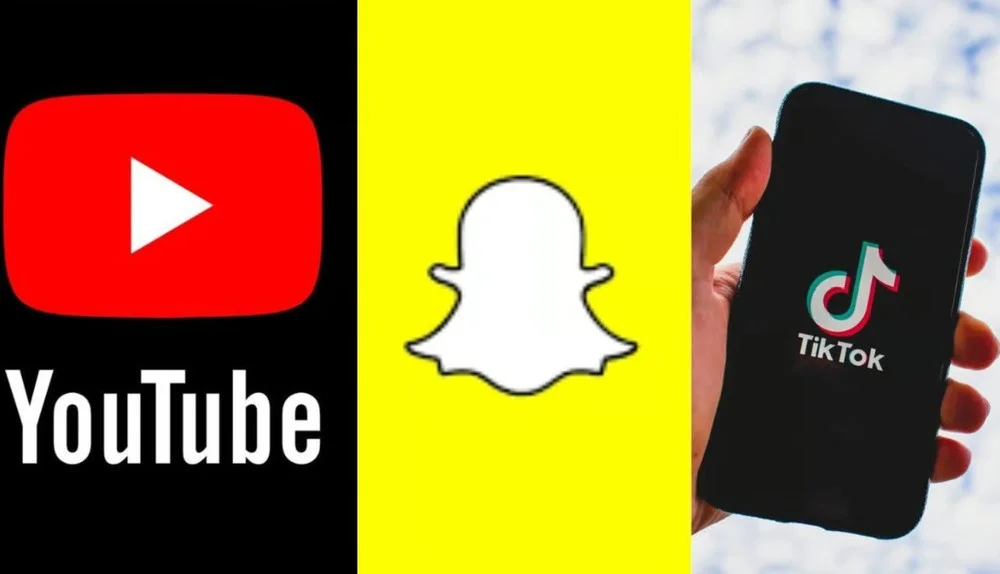On October 10, 2025, the EU demanded that Snapchat and YouTube clarify measures to protect children online. The EU child online safety initiative explores restricting minors’ social media access.
Inspired by Australia’s Ban
Following Australia’s under-16 social media ban, EU nations like France and Spain pushed for similar limits. The EU child online safety effort aims to create a bloc-wide policy.
Digital Services Act Enforcement
The EU’s Digital Services Act (DSA) regulates online content. It targets illegal material and child safety, sparking US tech censorship claims.
The EU child online safety push strengthens enforcement.
Snapchat Under Review
The European Commission requested Snapchat detail steps to block under-13s access.
It also asked how the app prevents drug and vape purchases, a key EU child online safety concern.
App Store Scrutiny
Apple’s App Store and Google Play must explain protections against minors downloading harmful apps, like gambling or sexual content.
The EU child online safety focus includes “nudify apps” prevention.
YouTube’s Algorithm Questioned
The EU sought details on YouTube’s recommendation system, citing harmful content reaching minors. This inquiry aligns with the EU child online safety goal to curb platform risks.
Potential Consequences
Information requests may lead to probes or fines, though they don’t imply lawbreaking. The EU child online safety measures ensure platforms prioritize privacy and security for kids.
Ministers Discuss Age Verification
EU telecom ministers met in Denmark to discuss age verification and safer online spaces.
They plan a statement supporting a digital majority age, advancing EU child online safety.
Denmark’s Leadership
Denmark, holding the EU presidency, proposed a social media ban for under-15s.
Prime Minister Mette Frederiksen emphasized collective action, driving the EU child online safety agenda.
France’s Existing Law
France requires parental consent for under-15 social media users.
This model informs the EU child online safety discussions, aiming for consistent protections across the bloc.
Broader EU Actions
The EU is probing Meta’s platforms and TikTok for addictive features.
These efforts reinforce the EU child online safety commitment to protect minors from digital harms in 2025.























